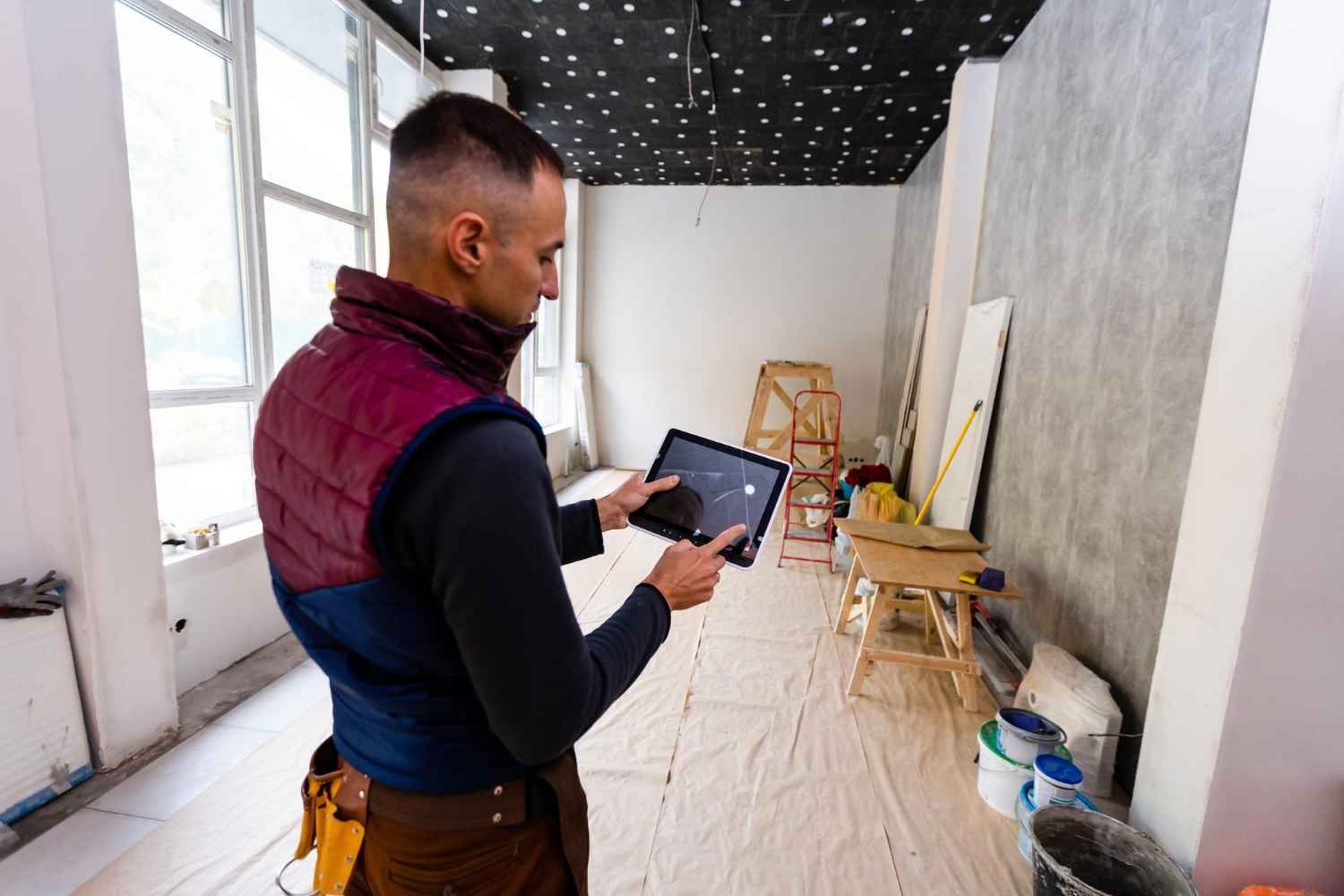How to Extend a House? Home Extension Expert's Guide
Applying for Planning Permission When Extending a House
What to Do If Your Planning Application is Rejected?
It is a possibility that the building control department may reject your application for some reason. However, this is what will happen if your application gets rejected: the refusal notice will specify whether you can appeal or not. It will also specify the time period in which you can appeal. An independent planning inspector, who will take into account national and local policy, as well as the impact of the proposal, will then consider the appeal.
What Kind of Extension Do You Need?
Depending on your needs and preferences, you can add a variety of extensions to your house. You may wish to think about extending your bedroom if you require an additional bedroom. An addition to your living room may be a wise decision if you require additional living space. An addition to your garage can be the finest choice if you require additional storage space. We have described some extension types with their average costs in the next section.
House Extensions – Types with Estimated Cost
Home extensions provide a range of choices to customise living areas, raise the value of a property, or improve aesthetics to suit individual needs and tastes. Let's examine the various kinds of house expansions that are offered:
Rear Single-Storey Extensions: Homeowners often opt for a single-storey rear extension to add living space, such as a kitchen, home office, or kids' playroom, offering practical and design flexibility.
Cost:
The cost of an ordinary rear single-storey home extension goes from £1,900 to £2,400 per m² (the cost matters on the region also), with premium materials surpassing £2,700 per m².
Double-Storey Extensions: A two-story extension is an additional structure built into an existing building, extending two floors or levels. It provides more living space and rooms above the original structure, making the property more functional and valuable and allowing homeowners to adjust without moving.
Cost:
A 50 m² double-story addition offers twice the living area with prices per m² ranging from £1,500 to £2,000.
Basement Extensions: A basement addition can enhance your house's living space without altering its exterior appearance. It offers various options for home theatres, exercise centres, or additional bedrooms catering to your lifestyle.
Cost:
A complete basement conversion or expansion project might cost anything from £2,875 per m² for a waterproofed room to £975 per m² for a fully waterproofed space with floor screed.
Garden Extensions: Good news if you reside in a place where tight planning regulations are common! Your rights to allow for allowed development may extend to garden rooms. It implies that you won't have to submit a whole planning application, even if you will require some documentation.
Cost:
The price of a garden extension normally ranges from £10,250 to £16,750, depending on the size and design of the garden.

The Design Stage in House Extension
When designing an extension, one must consider more than just the finished interior; one must also consider the structure and height of the roof, the materials to be used outside, the design of the doors and windows, and the footprint of the addition. Everything you need to consider while designing is covered here:
- Estimated Expenses Considerations: Create a reasonable budget to help you make decisions and stick to your spending limits.
- Size and Layout Planning: Determine the optimal location for the extension and design the layout for optimal use and smooth integration.
- Natural Light: For optimal natural light, use skylights, wide windows, or bi-fold doors to create a bright atmosphere.
- Future-Proofing: To boost a home's value and accommodate shifting needs, design with energy-efficient appliances, flexible areas, and sustainable features.
How to Find a Builder for Your Extension?
- Consult friends or the internet for suggestions when looking for a trustworthy builder for your home addition.
- List possible builders and have a thorough discussion about your project.
- Compare the costs and services to get an idea of which company is best for you.
- For precise estimates, provide comprehensive project information.
- To safeguard yourself and the builder and to ensure clear communication on scope, timeframes, and costs, sign a contract before work commences.
Finals Talks
Extending your home is a significant decision, requiring planning permission and consultation with a knowledgeable builder or architect. It's not just an investment in space but also a valuable investment. Be aware of local regulations for larger projects. Built IQ assists homeowners in extending their homes, ensuring a smooth process from permits to design.




